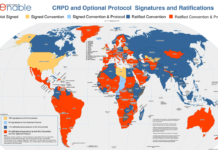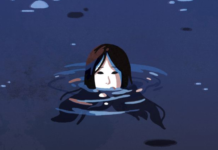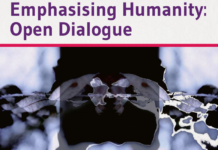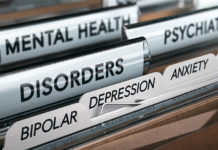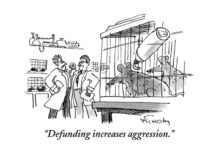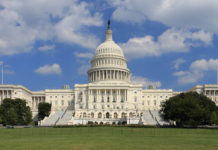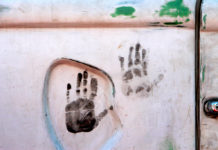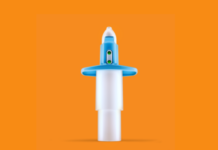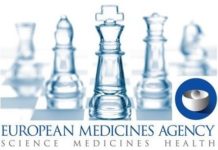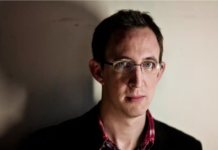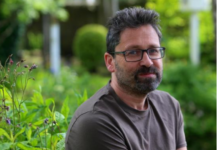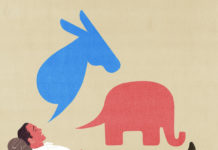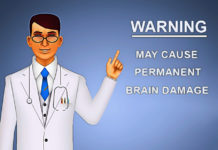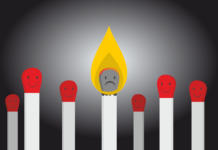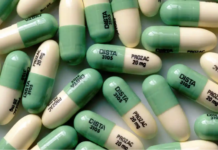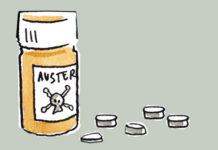Yearly Archives: 2019
“Three Identical Strangers” and the Nature-Nurture Debate
Three Identical Strangers is a riveting film describing the story of identical triplets separated at six months of age and reunited in early adulthood. Their story provides no evidence in support of the genetic side of the nature-nurture debate, but it does supply some evidence in favor of the environment.
Parent Training as Effective for Childhood Anxiety as Therapy
Yale study finds that training parents how to react to child behaviors is as effective at reducing anxiety as providing therapy to the child.
Surveying Canadian Organizations and Officials on Rights in Mental Health
From Mad Canada Shadow Group: Canada has agreed to abide by the UN CRPD, which seeks to prevent the use of involuntary treatments, committals, restraints and seclusion.
Biomedical Model of Mental Illness Creates Stigma for College Students Using Services
A study conducted on college-aged students finds strong correlations between biomedical characterizations of mental illness, pharmaceutical treatment, and social stigma.
Put Down the Self-Help Books. Resilience Is Not a DIY Endeavour
From The Globe and Mail: The science of resilience is clear: Our social, political and natural environments are far more important to our well-being than our individual thoughts, feelings or behaviours.
Study Finds Mixed Results for Peer-Supported Open Dialogue in the UK
New qualitative study seeks to examine the implementation of the Open Dialogue approach in the UK.
To Warn or Not to Warn? A Critique of MIA’s Use of Diagnostic Terminology
I have concerns about how Mad In America deals with diagnostic terminology. When psychiatric diagnoses are used without signaling that they are constructs and unscientific, I feel alarmed for those who will be strengthened in their mistaken beliefs about the labels.
Researcher Critiques Misleading Claims About Antidepressants
Recent claims about antidepressant effectiveness have been based on misleading statements and misunderstandings of the science.
Bipartisan “RISE from Trauma Act” Introduced to Address Childhood Trauma in America
The Resilience Investment, Support, and Expansion (RISE) From Trauma Act, legislation designed to increase support for children who have been exposed to Adverse Childhood Experiences, includes $50 million in funding for a “mental health in schools” program. Exactly what these programs would entail remains unclear.
Q&A: Can My Child’s Psychiatric Diagnosis Be Voided?
My son recently had a first psychotic episode due to excessive marijuana use and a head injury. He is currently in legal trouble for hitting a staffer while involuntarily committed to a mental hospital. Doctors now say he shows no sign of mental illness. He wants to get the charges dropped and go to rehab. Is there any way to have a psychiatric diagnosis voided?
Health Warning: Social Rejection Doesn’t Only Hurt, It Kills
From Aeon: We don’t just live with others but also through them and in them. And when they turn away, when we become unseen, in a way we cease to be.
The Role of Acculturation in Racial Trauma
In the American Psychologist, researchers argue that the process of acculturation often involves racist ideologies, leading to racial trauma.
FDA Overlooked Red Flags in Drugmaker’s Testing of Esketamine
From Medscape: Esketamine's trajectory to approval shows — step by step — how drugmakers can take advantage of shortcuts in the FDA process.
For the Record
Here and now, I am Ativan-free and slowly tapering off Wellbutrin after 25+ years. Unable to work due to the severity of iatrogenic injury, I sometimes think of myself as a healing journeywoman. When the terrain is especially rough, I reflect on the words: "The best revenge is living a happy, healthy life." When circumstances and symptoms permit, I’m doing just that.
EMA Acknowledges Persistent Sexual Dysfunction After SSRIs & SNRIs
From RxISK: For the first time, European patients prescribed an SSRI or SNRI will, if they read the product information, be warned about the risk of long-term sexual dysfunction.
Tom Paine, Christianity, and Modern Psychiatry
Early in The Age of Reason, Thomas Paine attacks the hypocrisy of religious professionals. If alive today, Paine may well have been even rougher on psychiatrists. He revered science, and he would have been enraged by professionals who make pseudoscientific proclamations.
Why What We Think We Know About Schizophrenia Is Wrong
From The Guardian: I remember the first time I forcibly medicated a person against his will. In that moment, however good my intentions, I was knowingly participating in his suffering.
Psychiatrist Claims Royal College ‘Gaslighted’ Him in Antidepressant Row
From The Herald Scotland: "I’ve just had enough of how I’ve been treated by the Royal College of Psychiatrists for trying to raise ethics of good medical practice, patient safety."
How Psychotherapists Talk About Politics in the Trump Era
Politics play an important role in the therapeutic relationship and political disclosure now common for psychotherapists.
ECT Litigation Update: Are Patients Being Warned of Brain Damage Risk?
Upon review of hundreds of the "informed" consent forms received from those suffering permanent cognitive impairment after receiving ECT, the overwhelming majority do not provide the patient with any form of disclosure that "brain damage is a risk that can potentially occur from ECT, whether performed properly or not."
Burnout is Indistinguishable from Depression, Researchers Find
Despite burnout being officially recognized as a syndrome, research suggests it overlaps considerably with current understandings of depression.
Two Years Tapering an Antidepressant – A Life-Changing Experience That I Didn’t Want
My heart goes out to anyone experiencing withdrawal, but especially those who are so ill they can’t work and are struggling to navigate a heartless and cynical ‘benefits’ system. Their only crime is to have experienced difficulty from a prescribed treatment, yet they are treated as medical pariahs.
Depression and Western Cultural Hegemony
From The Guardian Letters: Claiming that a local idiom of distress – 'thinking too much' – is really depression is asserting the universalist supremacy of western frameworks and categories.
Poverty, Pathology and Pills: An Interview with Dr. Felicity Thomas and Dr. Richard Byng
MIA’s Tim Beck interviews Dr. Felicity Thomas and Dr. Richard Byng about their report, Poverty, Pathology, and Pills, which situates increasing rates of mental health diagnosis and psychiatric prescriptions within socioeconomic and policy trends across the UK.
I Know Antidepressant Withdrawal Is Real. Why Didn’t Doctors?
From The Guardian: Why, when the health of so many people is at stake, did it take so long to listen to patients?



